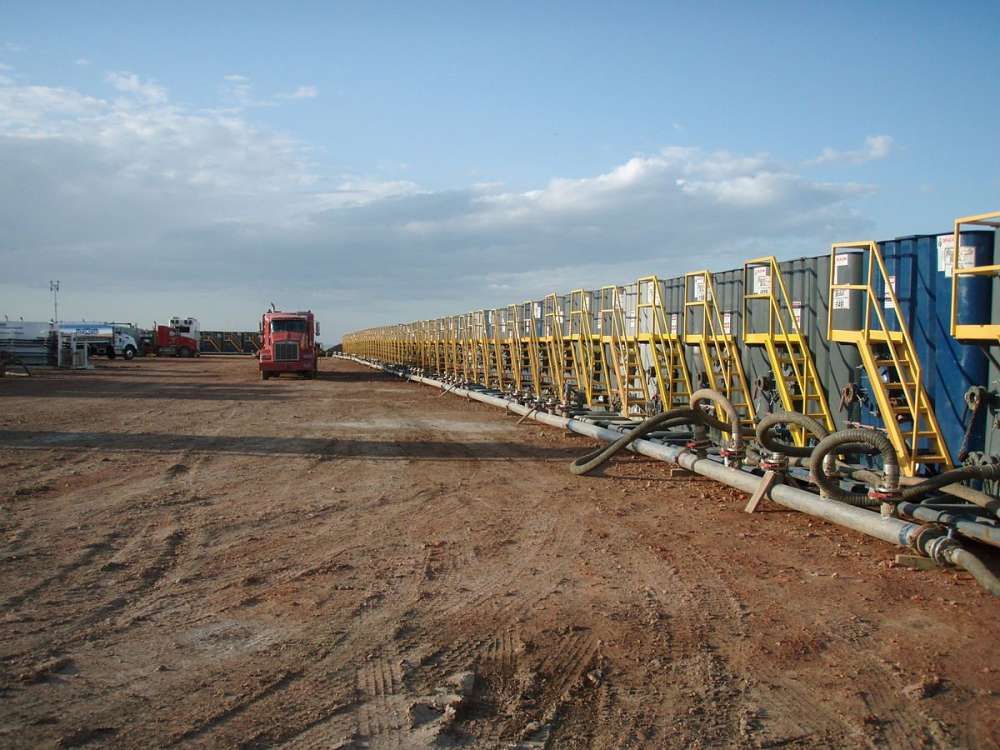Energy Technology, Politics, and Interpretative Frames: The Case of Shale Gas Fracking in Eastern Europe

This article explores competing interpretive frames regarding shale gas in Bulgaria, Poland, and Romania. These countries face the choice of embracing shale gas as a potential revolutionizing domestic source of energy, against the backdrop of Russia serving as the dominant gas supplier. This makes them interesting cases for studying how policy narratives and discourses coalesce around a novel technology. The findings, which are based on sixty-six semistructured research interviews, point to differing and indeed competing frames, ranging from national security, environmental boons, to economic sellout and authoritarianism, with different sets of institutions sharing those frames. This suggests that enhancing energy security by way of deploying novel energy technologies such as shale gas fracking is not simply a function of resource endowments and technological progress. Instead, it is the result of complex dynamics unfolding among social stakeholders and the related discursive processes, which eventually will determine whether — or not — shale gas will go global.
…
The full article is available from Global Environmental Politics.







